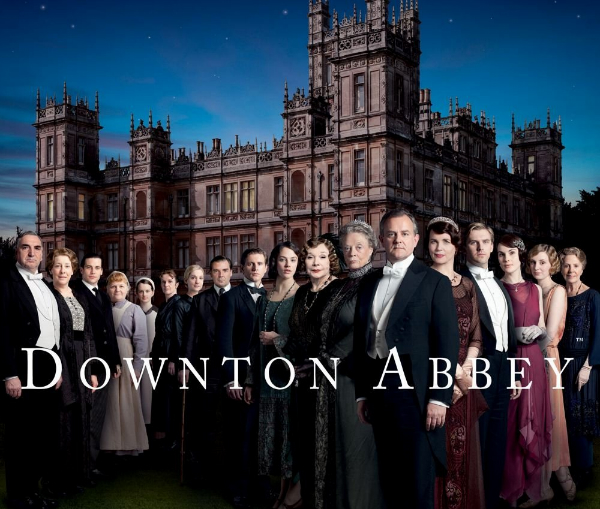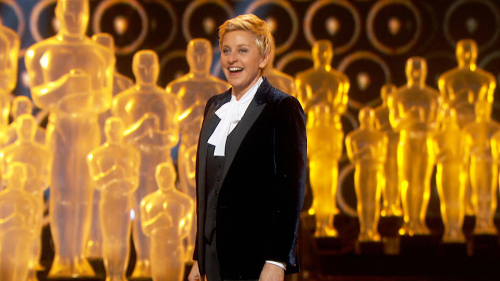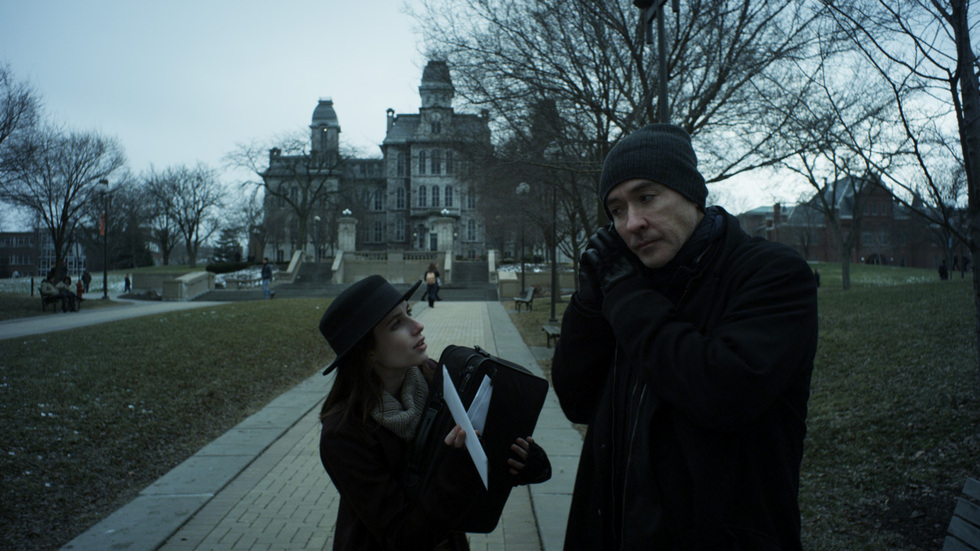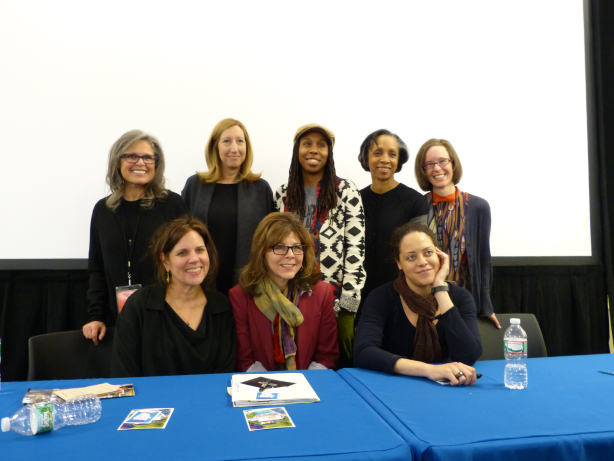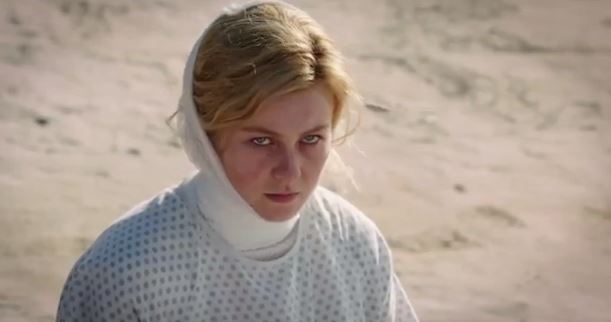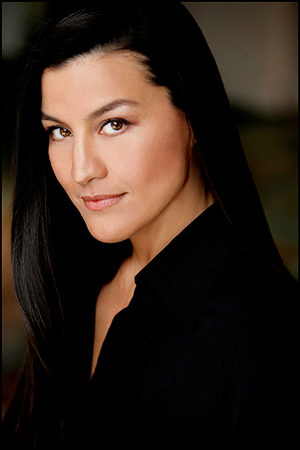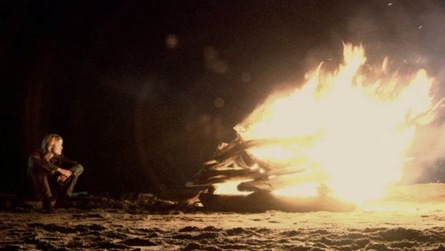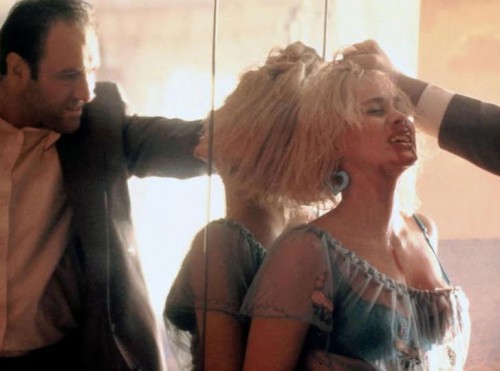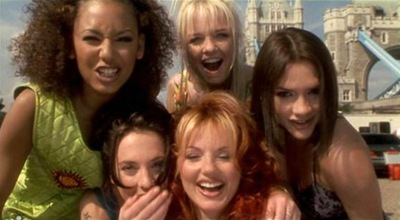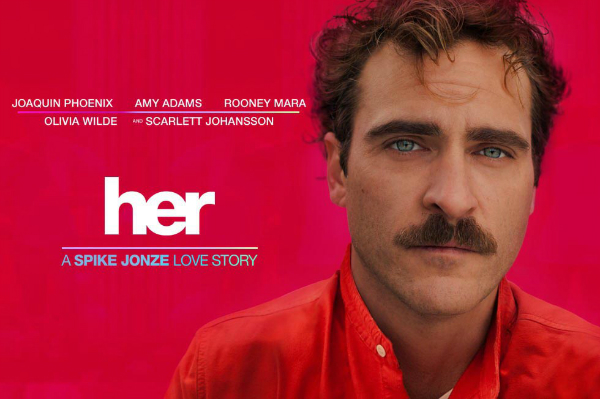Rape Culture on ‘Downton Abbey’
Continually insisting that rapists can only be unfathomably monstrous Others and virtual strangers who physically brutalize their victims serves to hide who the real rapists are: brothers, sons, fathers, husbands, friends, and colleagues. Anna’s bruises serve to delegitimize the experiences of survivors who don’t bear a physical mark of the absence of their consent. We need a wider representation of the range of survivor experiences when it comes to rape and sexual assault so that we can begin to dismantle rape culture and develop a system that is capable of identifying rapists and that values the stories of survivors.
